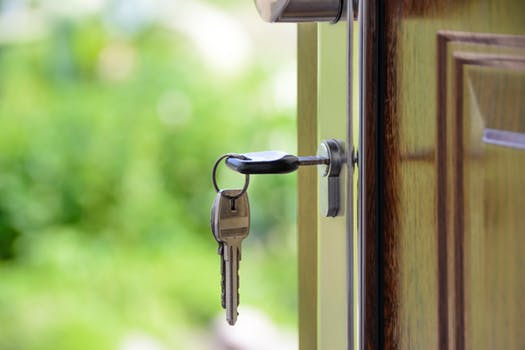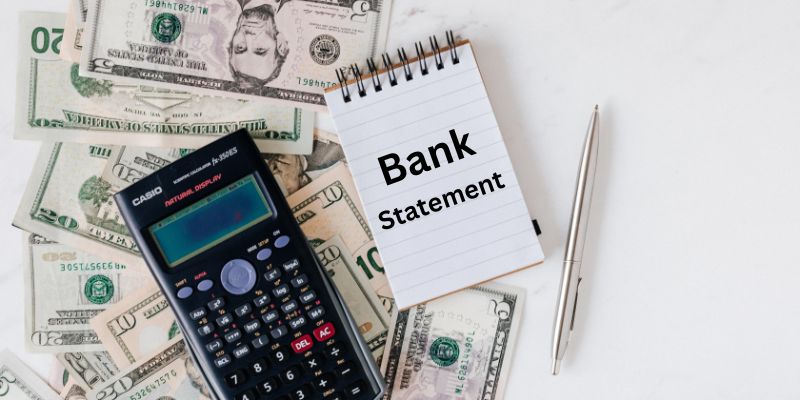Learn About: What Is an Enhanced Life Estate Deed?
Jan 06, 2024 By Susan Kelly
Introduction
What is an enhanced life estate deed? When someone passes away, their property can be transferred to heirs through an enhanced life estate deed called a Lady Bird Deed. The benefits and drawbacks of this action are clearly defined. First, we must go through the basics of a life estate and how an improved life estate deed differs.
Explanation
One definition of a life estate is a leasehold interest in real property that lasts for the life tenant's lifetime. Another way to think of a life estate is as a form of joint ownership between the life tenant and the remainderman. A life estate is intended to provide a close friend or loved one with use of the property for as long as they live, with the property's ownership reverting to the remainderman or their estate after death.
Property owners with an enhanced life estate can transfer their assets to a beneficiary of their choosing while retaining the freedom to sell or mortgage the transferred assets (rights that are not available to remaindermen under a life estate). The key distinction here is that upon the decedent's death, ownership of the property is transferred to the beneficiary. Therefore, in an expanded life estate, the beneficiary is the remainderman, and the original owner is the life tenant.
How Do Enhanced Life Estate Deeds Function?
The trustee may mortgage or sell the property without consulting the beneficiary. The beneficiary, also known as the remainder beneficiary, will become the legal owner of the property upon your death. For the duration of the original owner's life, the property is transferred to the enhanced life estate beneficiary by a deed. Since the legally enforceable deed separates the property into two parts, lifetime and future interest, it permits the beneficiaries to skip probate court. Ownership remains with the current owner for as long as they are alive. At their death, however, the property will become part of the residual beneficiary's future interests.

The Problem With Traditional Life Estates
There are a few issues with the typical Florida life estate deed, which could explain why they are not as widely utilized in other parts of the United States. For instance, the house will go through probate if the remainderman dies before the life estate owner. An improved life estate deed can include special language to avoid this issue. Probate is the process by which a court oversees the distribution of a deceased person's assets to their heirs and creditors. The probate process in Florida can take a lengthy time, sometimes even years. The court must designate a personal representative, notify the decedent's creditors and beneficiaries, and account for all of the decedent's assets before ordering their distribution.
Without a valid Will, the home would be distributed according to the laws of intestate succession. According to Florida law, the probate court will distribute the deceased person's property if no heirs can be found. These laws establish a hierarchy of heirs, ensuring that only specific relatives benefit financially from a death in the family. This may also result in some members of the family receiving nothing at all. If the decedent has biological children still alive, the stepchild would have little chance of inheriting anything through the intestacy process.
What Are Some Typical Disputes Over Enhanced Life Estate Deeds?
Enhanced life estate documents help to reduce the likelihood of legal conflicts between parties. However, as with any life estate deed, complications of various kinds may develop in the context of an enhanced life estate deed. Disputes over the lady bird deed typically arise from the following situations:
- Claims concerning who the proper beneficiaries are and whether they have been accurately identified.
- Disputes over the owner's legal standing, such as whether or not they can sell the property described in the deed before their death.
What Are The Drawbacks To An Enhanced Life Estate Deed?
The lack of adaptability is the major disadvantage of the Enhanced Life Estate deed. To begin, you may encounter difficulties while attempting a refinance because title and mortgage businesses are not often aware of their use. Deeds with more than one recipient do not specify what happens if any grantees die or become disabled. If the grantee (the kid) predeceases the grantor, their interest will be divided as part of the grantee's inheritance, which will go through probate. On the other hand, a living trust allows the trustee to decide what happens to the property in the event of the death of a grantee. A revocable living trust is often the best option for more complex estates or where children do not get along.

Conclusion
In some straightforward cases, an Enhanced Life Estate deed may be the best option for avoiding probate. We're happy to provide any further information you may need to make an informed decision about how to proceed.
-
 Taxes May 19, 2024
Taxes May 19, 2024Bank Statement: Definition, Types, Benefits, And More
In this article, you’ll learn about Bank Statements: The definition, types, benefits, related terms, and much more.
-
 Investment Dec 14, 2023
Investment Dec 14, 2023How to Save for a Down Payment While Renting
Struggling to save money while renting? Discover the best tips and strategies you can use right away to start saving for your future mortgage deposit.
-
 Investment May 10, 2024
Investment May 10, 2024Online Brokers for Non-US Residents: Top 2 Recommendations and More
This article talks about the problems and challenges non-US residents face when trading online. Plus, our top 2 choices.
-
 Investment Feb 04, 2024
Investment Feb 04, 2024Buy Mutual Funds Online
Online is the easiest method to invest directly into Mutual Fund schemes, and you can save commissions too. You can make an online investment through the fund's website, RTA's website, or an online fintech platform. Investing directly on a fund's website requires managing multiple log-ins.
